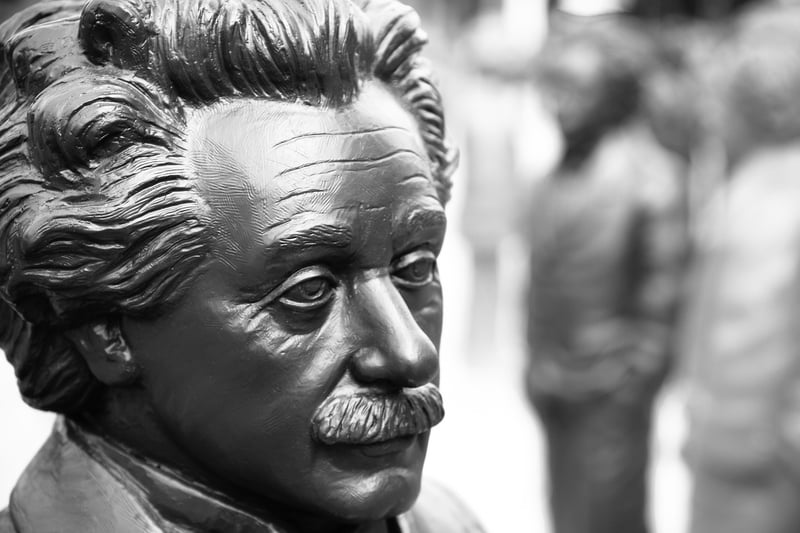Temporal Paradoxes
Understanding Time Travel Rules and Temporal Paradoxes
Time travel has been a popular concept in science fiction for many years, but understanding its rules and avoiding temporal paradoxes can be quite complex. Let's delve into the intricacies of time travel and the potential paradoxes that may arise.
Time Travel Rules
When it comes to time travel, various rules and theories have been proposed to explain how it could work. Some common time travel rules include:
- The Grandfather Paradox: This paradox suggests that if a time traveler were to go back in time and prevent their grandfather from meeting their grandmother, it would create a paradox where the time traveler would never be born. This paradox highlights the potential consequences of changing past events.
- Fixed Timeline: In this model, events in the past cannot be altered, as any actions taken by time travelers would have already been part of history. This rule ensures that the timeline remains consistent and avoids paradoxes.
- Alternate Realities: Another theory suggests that when a time traveler changes the past, it creates a new branch of reality, leading to alternate timelines. This allows for changes in the past without directly affecting the traveler's original timeline.
Temporal Paradoxes
Temporal paradoxes are logical contradictions that arise from time travel, challenging our understanding of causality and the flow of time. Some common temporal paradoxes include:
- The Bootstrap Paradox: Also known as a causal loop, this paradox involves an object or information that is sent back in time and becomes trapped in an infinite loop with no clear origin. The object has no discernible beginning, raising questions about its existence.
- The Ontological Paradox: In this paradox, an event in the past creates a chain of events that lead back to the original event, forming a closed causal loop. The origin of the event becomes unclear, blurring the line between cause and effect.
- The Predestination Paradox: This paradox occurs when a time traveler's actions in the past inadvertently lead to the events they were trying to prevent, causing a self-fulfilling prophecy. The traveler's actions become essential to the timeline, despite their intentions.
Understanding time travel rules and navigating temporal paradoxes can be mind-bending, but it adds an intriguing layer to the concept of time manipulation in science fiction.

Remember, when it comes to time travel, consistency and logic are key to unraveling the mysteries of temporal manipulation.
